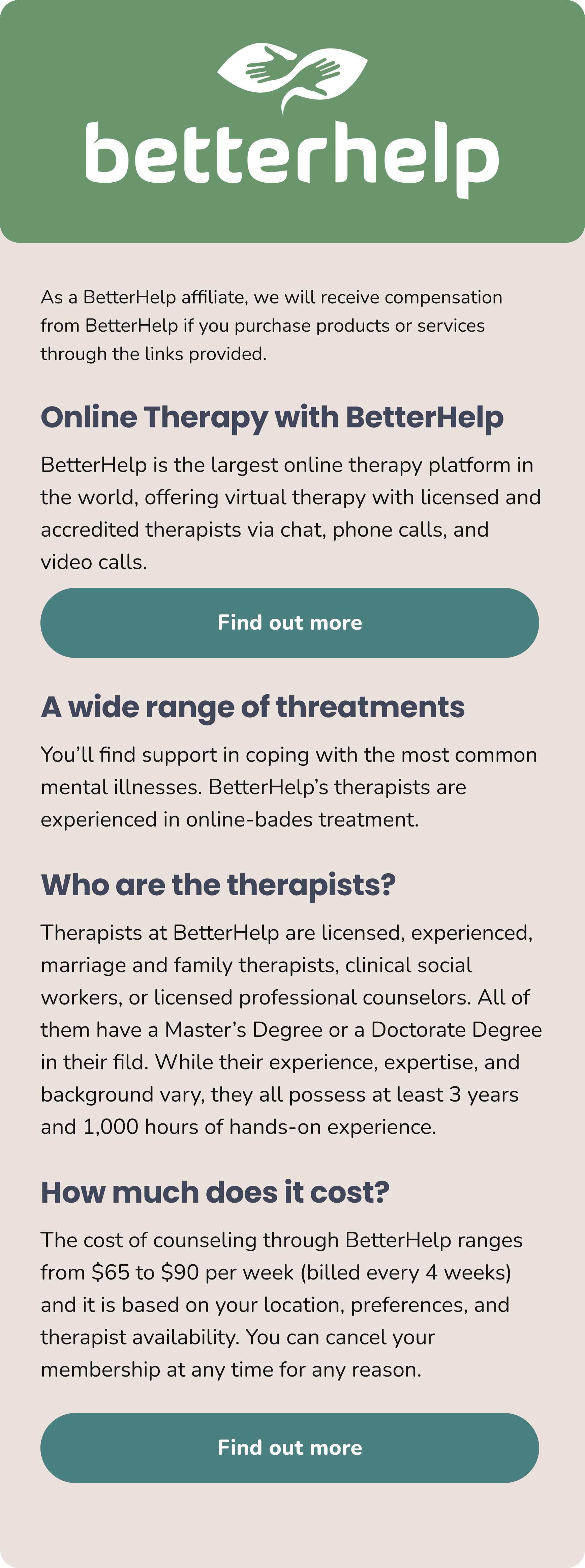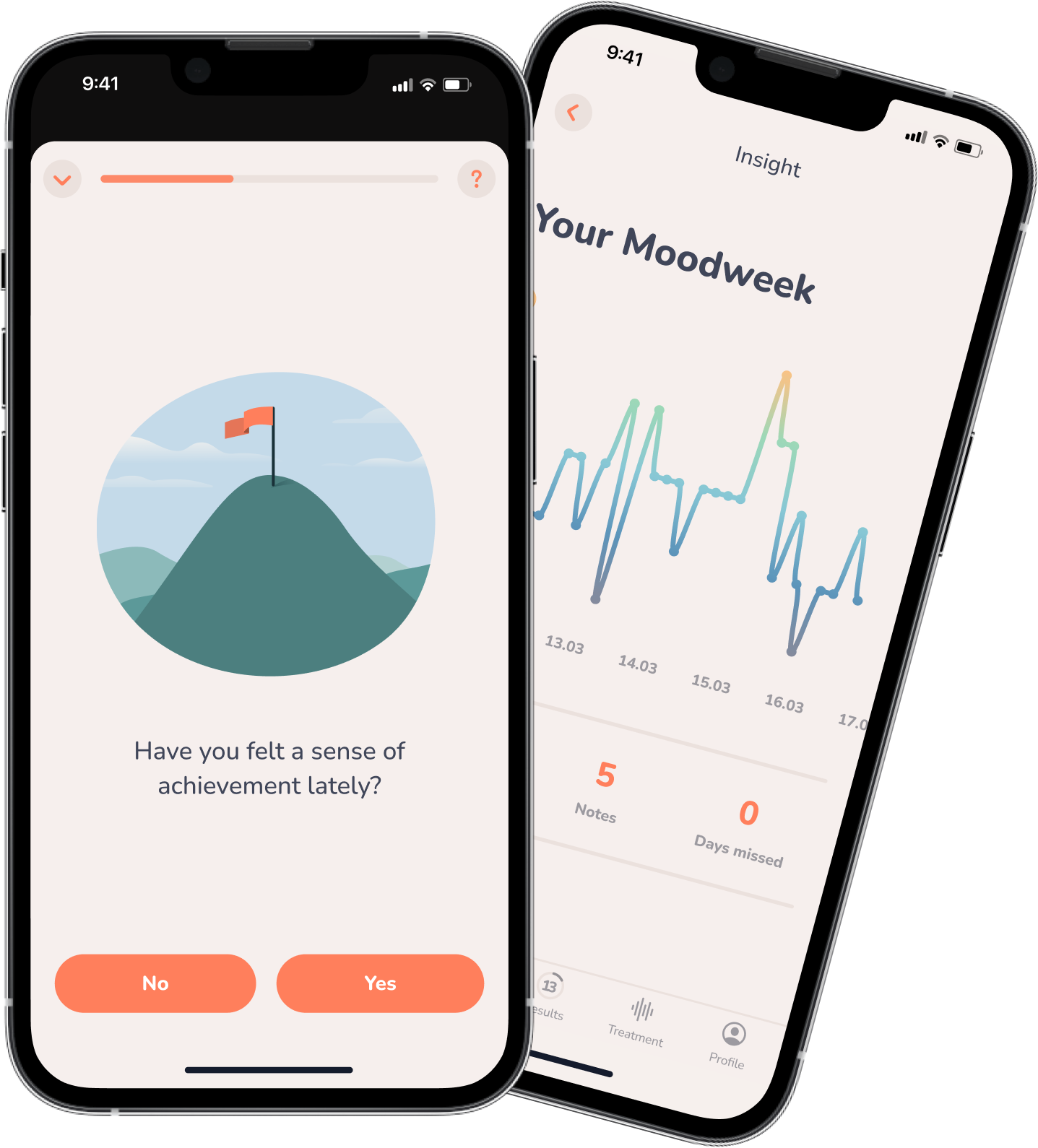Insight
When Fear Becomes A Problem – Anxiety Disorder and Depression
Next to depression, anxiety disorders are among the most common mental illness in western countries. About one in five Americans have suffered only this past year from an anxiety disorder that requires treatment. The good news? Anxiety disorders are well researched and understood by now. There are treatment options available and they are promising.
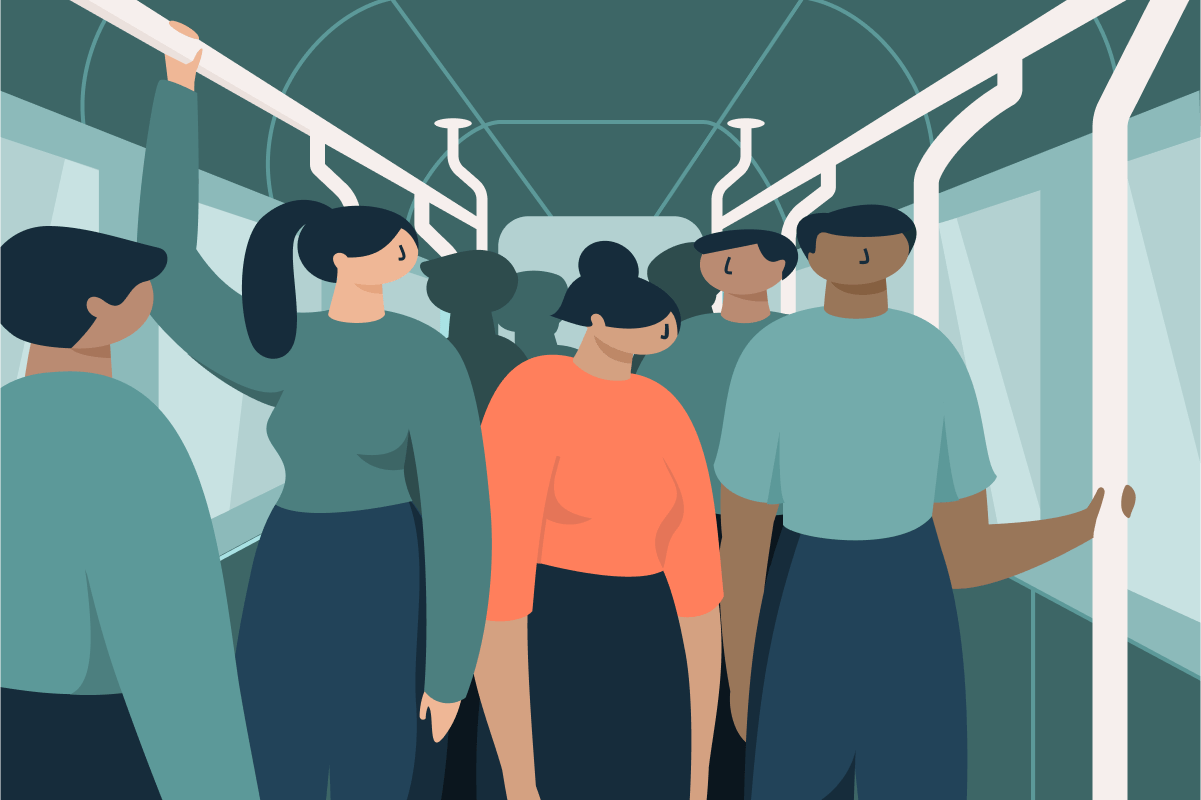
Fear is your constant companion?
No human life has ever existed without the experience of fear. It warns and protects us from danger, it’s essential for our survival. So, for starters, being afraid is nothing to worry about. It’s when anxiety has evolved into a constant companion which burdens and limits you regularly, that it can be considered an anxiety disorder and should be taken seriously. There are different types of anxiety disorders. The following five anxiety disorders are what we’re currently working with in psychotherapy:
Panic Disorder
With a panic disorder, we feel literally overcome and overwhelmed by strong fears out of the blue. Several times a month. During a panic attack, we experience very strong physical symptoms such as sweating, a fast-beating heart, shortness of breath, or dizziness.
Agoraphobia
If we suffer from agoraphobia, we feel anxiety in crowds, public places, or while travelling. This usually leads to us avoiding these situations more and more, finally experiencing significant limitations in our lives.
Specific Phobias
Here, fears of very specific situations like thunderstorms, injections or of certain animals are possible. If the fear relates exclusively to particular things (for example, a fear of birds which makes it impossible for you to sit in parks or plazas, solely because of the birds), then we speak of a specific phobia.
Social Phobia
If anxiety arises exclusively in social situations (e.g. speaking to a group, contact with the opposite sex, …) in which we feel evaluated or judged by other people or could feel embarrassed, we speak of a social phobia.
Generalized Anxiety Disorder
GAD for short, plays a special role among anxiety disorders. In this case, the fears do not refer to specific situations and are ‘less intense’ on a physical level than the other disorders. Instead, there are strong, uncontrollable concerns about everyday issues such as one’s financial security, health, or the well-being of the family. GAD is often difficult to distinguish from a depression which can be accompanied by anxious thoughts. If we have the feeling that we are suffering from such a disorder, we should therefore also carefully rule out the possibility of depression.
What distinguishes depression from an anxiety disorder
While fear and physical tension are what dominates anxiety disorders, we can still sometimes take pleasure in things and be in a good mood. When we experience a depressive episode, we have a hard time feeling joy and find it hard to get through our day. In addition, symptoms such as self-doubt, feelings of guilt, poor concentration, suicidal thoughts, and negative thoughts about the future can arise. Physically, a change in sleep and appetite is typical.
And here is where it gets complicated: Even during depressive phases, anxiety can occur. And also, anxiety disorders can lead to depression.
When anxiety and depression overlap
Fears are an important topic in the everyday lives of many people with depression. During depressive phases, many people suffer from anxiety about the future, panic attacks, fear of failure, or rejection. Even fears of everyday activities such as the fear of going shopping or taking the subway can arise. Often these are not an independent anxiety disorders, but rather a consequence of depression. Therefore, it is imperative to treat the depression first, because usually the fears decrease with it.
In other cases, however, it’s the other way around: Anxiety disorders can lead to depression. Then depression occurs as a result of anxiety disorders. An example: Because of anxiety we feel that we can no longer do things that are important to us. We withdraw ourselves from our social environment, no longer travel, no longer go to concerts. Sooner or later this will affect our mood, and, in the worst case, trigger a depressive episode. In this case, just like in the last, it’s important to treat the cause – i.e. the anxiety disorder. Once we can better deal with and overcome our fears and find the chance to actively take our lives into our own hands again, it’s verylikely that also our mood will improve.
Mixed anxiety-depressive disorder
There is also a mixed disorder in which depression and anxiety occur simultaneously and no disorder is a direct priority or cause of the other. Then some depressive symptoms such as listlessness, self-doubt, and sleep disturbances mix with anxiety, e.g. feelings of panic, worries, or fears of social contact. In contrast to the other two cases discussed above, in this case, neither of the disorders are fulfilled completely. Only a few aspects and symptoms apply, so that neither a “depression” nor “anxiety disorder” could be officially diagnosed. Instead, this specific disorder is called “mixed anxiety-depressive disorder”. And treatment sets out to cover both problem areas.
One may ruminate in bed all day – another is terrified of spiders
With mental illnesses you usually won’t get 100% clear answers as to why a disorder has developed. However, a look behind the scenes, asking yourself what might be behind it can help you to better understand and accept yourself and your difficulties. Due to natural dispositions, everyone is vulnerable to one psychological disorder or another – quite similar to how it is with physical illnesses, actually. Some people might have inherited gastrointestinal problems from their grandfather, while others regularly suffer from migraines.
So, this vulnerability is influenced by our genes: If several family members suffer from depression, the chances of getting such a disorder is higher. And for anxiety disorders it is the same.
We are all vulnerable – but in different kinds of ways
Another important factor is the environment in which we grow up. If our parents tell us that the world around us is full of danger and that we should constantly be on our guard, we tend to develop fears. Studies show that we can even “copy” our fears off of human examples. Imagine this: You continuously observe how your mother is afraid of dogs and avoids them – so you begin to develop a fear of dogs yourself.
The tendency towards depressive thoughts and behavior can also be encouraged by our environment. For example, we might take over our parents’ negative view on things or learn from them to believe that we don’t deserve happiness.
Often, vulnerability plus stress leads to disorders. We all have vulnerabilities that, under normal circumstances can usually be dealt with. However, if certain external factors such as persistent stress, emotional stress, or even trauma are added, symptoms such as anxiety or depression can arise, depending on the level of our vulnerability.
Treatment: What we can do about anxiety and depression
The type of disorder we have has important consequences for treatment. In the case of a depressive disorder, it will be important in therapy to learn how to build an active life with enjoyable and relaxing moments, question problematic thought patterns, and gain confidence in contact with other people. Depending on the severity of the depression, prescription of antidepressants may also make sense.
In contrast, anxiety disorders are usually treated only with psychotherapy. Typically, together with your therapist, you will learn to understand your fears better, find strategies for dealing with fear and understand how to seek out and confront those situations that used to cause us so much fear.
If you feel that you are suffering from one of these disorders and you feel limited, it will be helpful to seek professional help. If you want more information and need more initial help on depression and anxiety, then check out our MindDoc App!
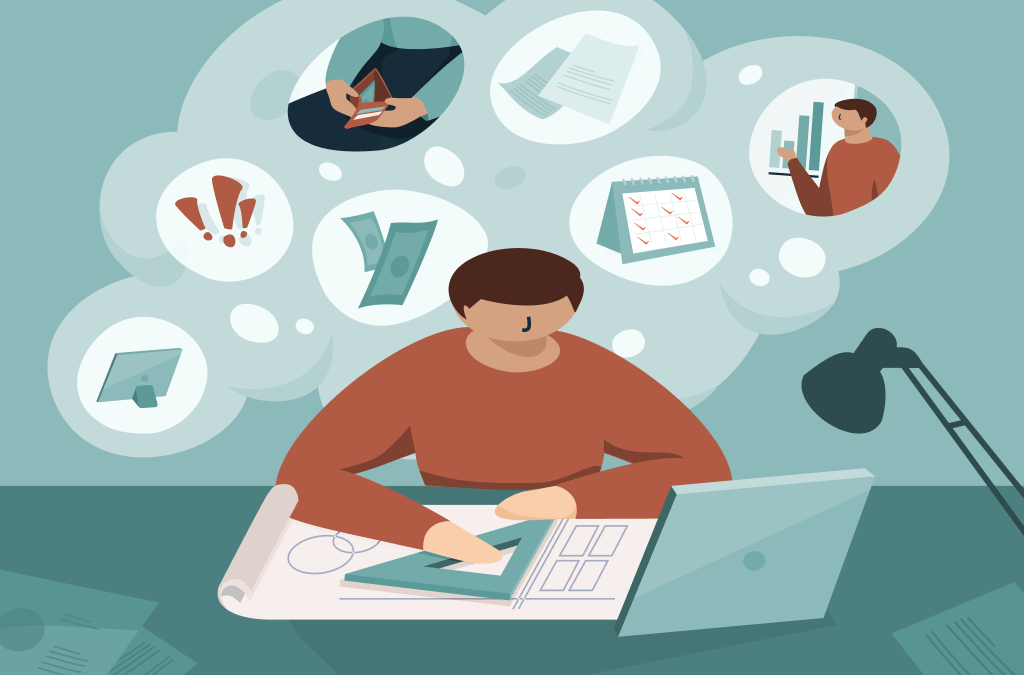
Psychological Needs in the Workplace: How to Meet Them
Deadlines, conflicts, pressure to perform—many people grapple with stressors at work. The extent to which these weigh on someone depends in large part on whether psychological needs are being met at work.
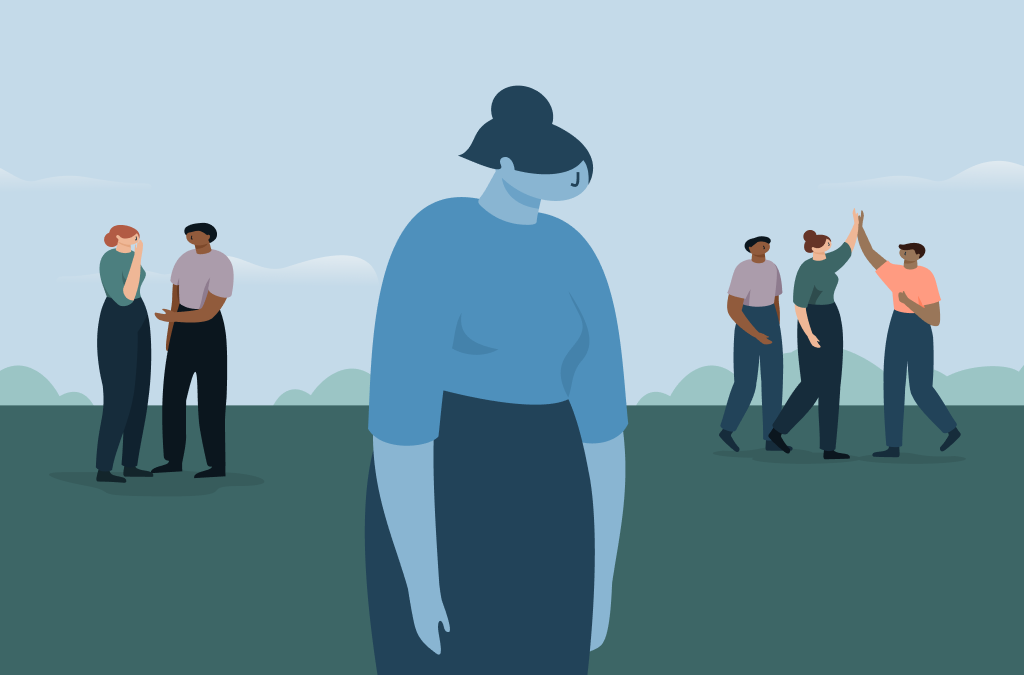
High-Functioning Depression: The Hidden Suffering
When people think of depression, usually intense sadness, low energy, social withdrawal, difficulty getting out of bed, and managing daily life come to mind. But this is not always the case.
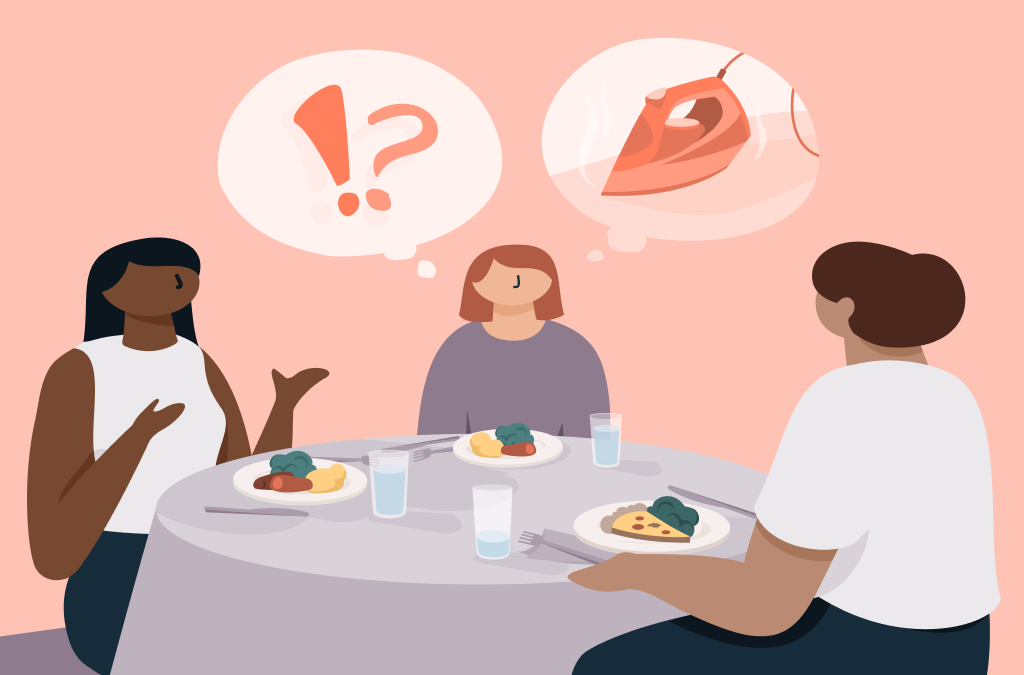
Obsessive-Compulsive Disorder: When Thoughts and Actions Become Torture
In this article, we explore what characterizes such thoughts and behaviors as well as how they can be treated.
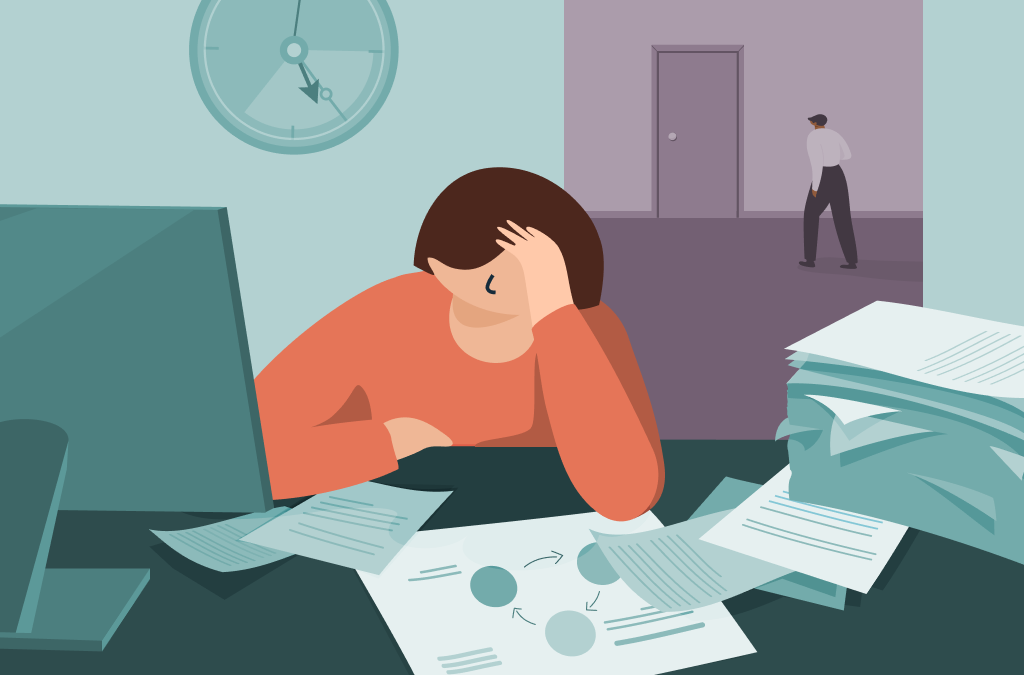
Bullied at Work—Here’s What You Can Do!
In this article, we look at the nature of workplace bullying, its causes and consequences, and what you can do if you are being bullied at work.
